I am having some trouble running a few simple statements on SQLite3 on Android.
For example:
SELECT 1234 + 0.001
That should return 1234.001, right? SQLite, however, returns 1234 both on the Emulator (v21) and on a real device (v19).
Considering 1234 is stored on a column called Field1, type REAL, on Table1, I have tried all the options below:
SELECT Field1 + 0.001 FROM Table1
SELECT (Field1 * 1.000) + 0.001 FROM Table1
SELECT CAST(Field1 as FLOAT) + 0.001 FROM Table1
SELECT CAST(Field1 as REAL) + 0.001 FROM Table1
SELECT Field1 + 0.001 from Table1
SELECT CAST((Field1 + 0.001) as REAL) FROM Table1
Nothing seems to work, and in every single case I am getting 1234 instead of 1234.001. I need to get 1234.001 from 1234 in a query but SQLite3 isn't being helpful.
Another thing I just found out: if "Field1" <= 999, the SELECT works as expected and I get 999.001 in the result. Anything >= 1000 gives me an integer instead.
Can you please help me how to solve this?

